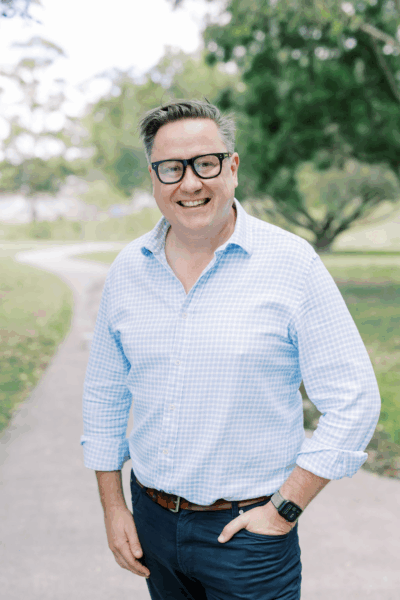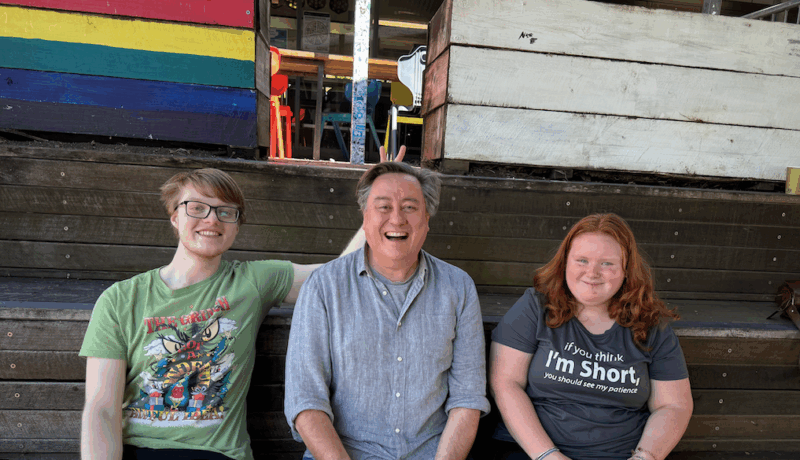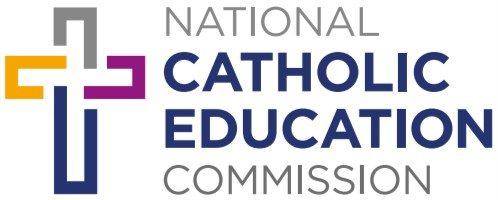*Dr Matt Hawkins is the CEO of Edmund Rice Education Australia Flexible Schools Ltd (EREAFSL), a Catholic educational network of 21 Flexi Schools nationwide and two special schools in NSW. Dedicated to supporting young people who have experienced disadvantage, exclusion, and marginalisation, EREAFSL provides a safe and dynamic learning environment grounded in the principles of Honesty, Respect, Participation, and Safe and Legal. Since beginning his teaching career in 2000, Matt has worked exclusively in Edmund Rice schools, both in colleges and Flexi settings, driven by a deep commitment to delivering high-quality education that meets the changing needs of young people and creates opportunities for them to thrive.


What first inspired you to become a teacher/ leader?
Both of my parents were teachers in the government system, so that undoubtedly played a part, as did my own experience at school. I had teachers who I greatly admired. I was, and continue to be inspired by educators who go above and beyond to offer a unique learning experience which makes a profound impact on young people and their families. In terms of moving into leadership, and in particular system leadership, I am driven to work with others to deliver the highest quality education possible in the safest and most dynamic schools in the country. I also see an incredible opportunity to influence the broader education system which in my view has an obligation to adapt in response to the changing needs of young people today.
Can you share a moment in your career where you thought you made a difference?
I have witnessed incredible achievements by young people; I have taught young people who are infinitely brighter and more talented that I could ever be; I have seen young people rise out of unthinkable conditions to reach heights they hadn’t even known existed. And I have been lucky enough to walk alongside these young people and help create the conditions in which they thrive. But it has always been those young people who themselves have made the difference.
Is there a story from your time as a teacher or head of campus that really inspired you?
The times that come immediately to mind are the times I have sat in a room with a young person who has been brave enough to speak out against the treatment they have experienced by adults whom they had trusted. I can’t fathom the courage and resilience that takes.
How does your faith shape your teaching/leadership approach?
Perhaps like many Catholic adults of my generation, I have drifted in and out of connection with institutional Church. However, what has always remained is my belief in the inherent good in people. In a faith context, we might describe that as “recognising the face of Jesus in all those we meet”. I can very confidently say that I have never witnessed this ability more so than in the 800 staff who turn up in our Flexi and Special Schools every day. We accept young people who have been shunned, excluded, rejected. We welcome young people who are literally not welcome in any other school. And we see the good in them, and we walk with them as they start to discover the good in themselves. Forgiveness, compassion and empathy are felt tangibly in our schools every day – this is how my faith shapes my approach to my work.
What’s the most rewarding part of working in the Catholic school sector?
Again, I guess I simply don’t see it in those terms, and many of my colleagues in Flexi schools are the same. That said, I think we do recognise the immense privilege and responsibility we have to be a part of the lives of those young people who our faith tells us are the most important members of our society – vulnerable young people.
What do you think is the most valuable role Catholic education plays in today’s society?
I think that all sectors of education – Government, Independent, Catholic – have a role in shaping compassionate, values-driven people and leaders while providing a safe space for learning and growth. All schools should encourage young people to strive to make a difference in the world with love, compassion and purpose. Catholic education shouldn’t, and doesn’t, hold the moral purpose of education alone. That said, authentic Catholic education must challenge the status quo in a society which places great value on individual wealth and success at the expense of the common good. Catholic schools need to be courageous enough to be counter-cultural when it is required, to amplify the voices of those whose voices are silenced, to provide opportunity to those who seek it, to remove barriers and paint a vision of a hope-filled future.
*Dr Matt Hawkins will be presenting “Who is invited to the table? The complex issue of authentic inclusivity in Catholic education”: at the 2025 Australian Catholic Education Conference on Friday 22 August.
